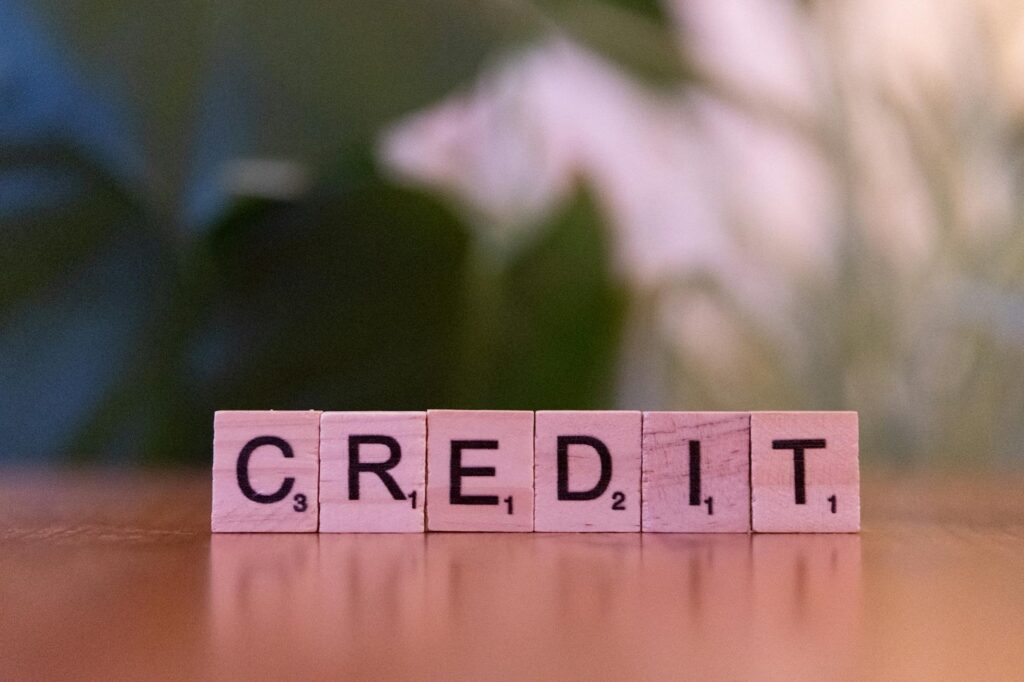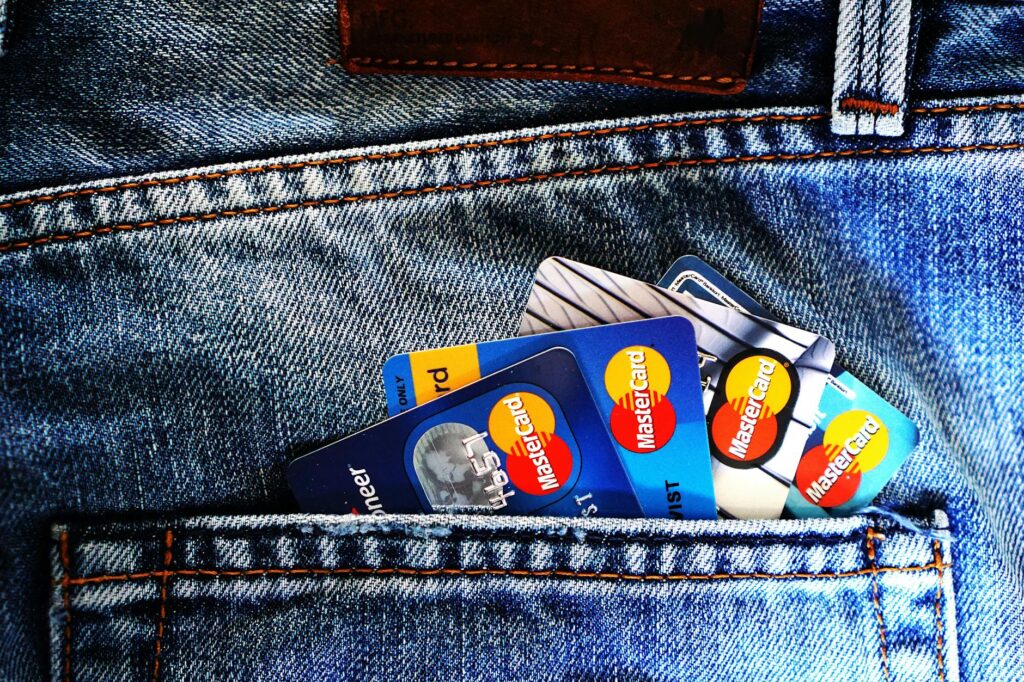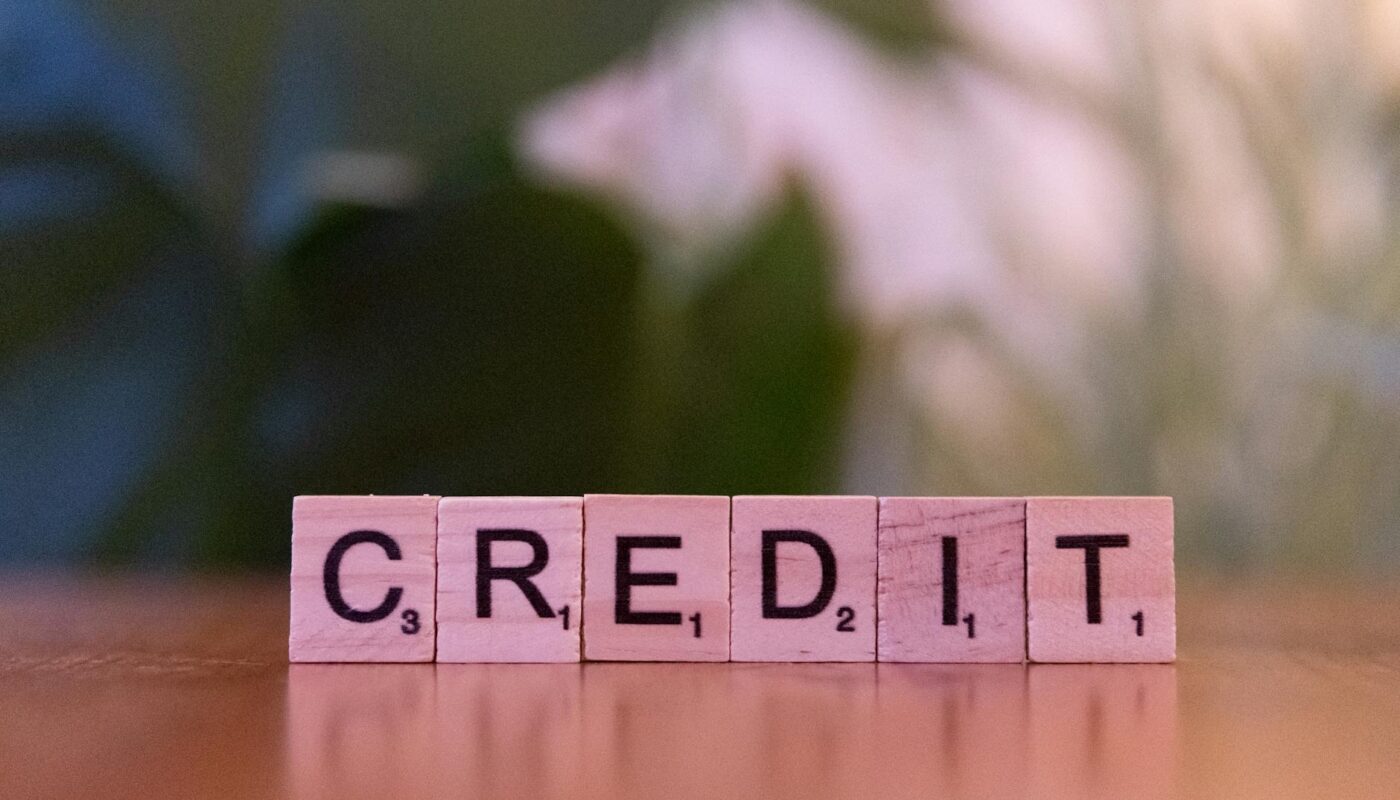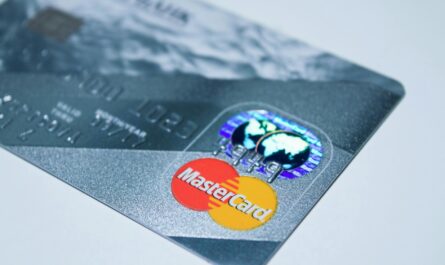It’s possible to improve your credit score even when you’re dealing with debt. It requires dedication and a strategic approach, but it’s achievable. This post will guide you through practical steps to take control of your finances and see your credit score rise.
Understanding Your Credit Report
The first step towards improving your credit score is understanding what’s on your credit report. You can obtain a free credit report annually from each of the three major credit bureaus: Equifax, Experian, and TransUnion. Reviewing your report helps you identify any errors or inaccuracies that might be dragging your score down. Disputing errors is crucial; even a small mistake can significantly impact your score. Check your credit report here to begin.
Paying Your Bills On Time
This is arguably the most important factor influencing your credit score. Late payments remain on your credit report for several years, significantly hurting your score. Set up automatic payments or reminders to ensure you never miss a due date. Consider using a budgeting app to track your expenses and due dates. Learn more about budgeting strategies to find a method that works for you. 
Managing Your Credit Utilization
Credit utilization refers to the amount of credit you’re using compared to your total available credit. Keeping your credit utilization low (ideally under 30%) is vital. Paying down high balances on your credit cards can drastically improve your credit score. Focus on paying more than the minimum payment to reduce balances quicker. Explore debt management tools for assistance.
Debt Consolidation Strategies
If you’re struggling to manage multiple debts, debt consolidation might be a helpful option. This involves combining multiple debts into a single, more manageable payment. There are several ways to consolidate debt: balance transfer credit cards, personal loans, or debt management plans. Each has pros and cons, so careful research is necessary. 
Dispute Inaccurate Information
Errors on your credit report can significantly lower your score. Carefully review your credit report for any inaccuracies and dispute them immediately with the respective credit bureaus. Provide evidence to support your claim. This process can take time, but it’s essential for correcting any misleading information.
Building Positive Credit History
Over time, responsible credit use builds a positive credit history. Continue making timely payments and keeping your credit utilization low. As you demonstrate responsible behavior, your credit score will improve. Consider opening a secured credit card if you lack credit history. Read more about building good credit.
Improving your credit score while in debt is a marathon, not a sprint. Be patient and persistent. By following these steps and staying organized, you’ll be well on your way to achieving better financial health. Find more credit building resources here.
Frequently Asked Questions
What is a good credit score? Generally, a credit score above 700 is considered good, but striving for higher is always beneficial. Many factors influence credit scores.
How long does it take to improve my credit score? The time it takes varies depending on your starting point and the strategies you employ. Consistent effort and responsible credit use will show positive results over time. Be patient and persistent.
Can I improve my credit score if I have a bankruptcy on my report? Yes, it’s possible, but it will take longer. Focus on responsible credit use and paying all bills on time. The bankruptcy will remain on your report for several years, but its impact diminishes with time.
What is the impact of a missed payment? A missed payment can significantly impact your credit score. Late payments remain on your report for several years and lower your score considerably.
Should I close old credit cards? Generally, it is better to keep older credit cards open, provided you manage them responsibly, even if you don’t use them regularly. Closing them can impact your credit score negatively.



